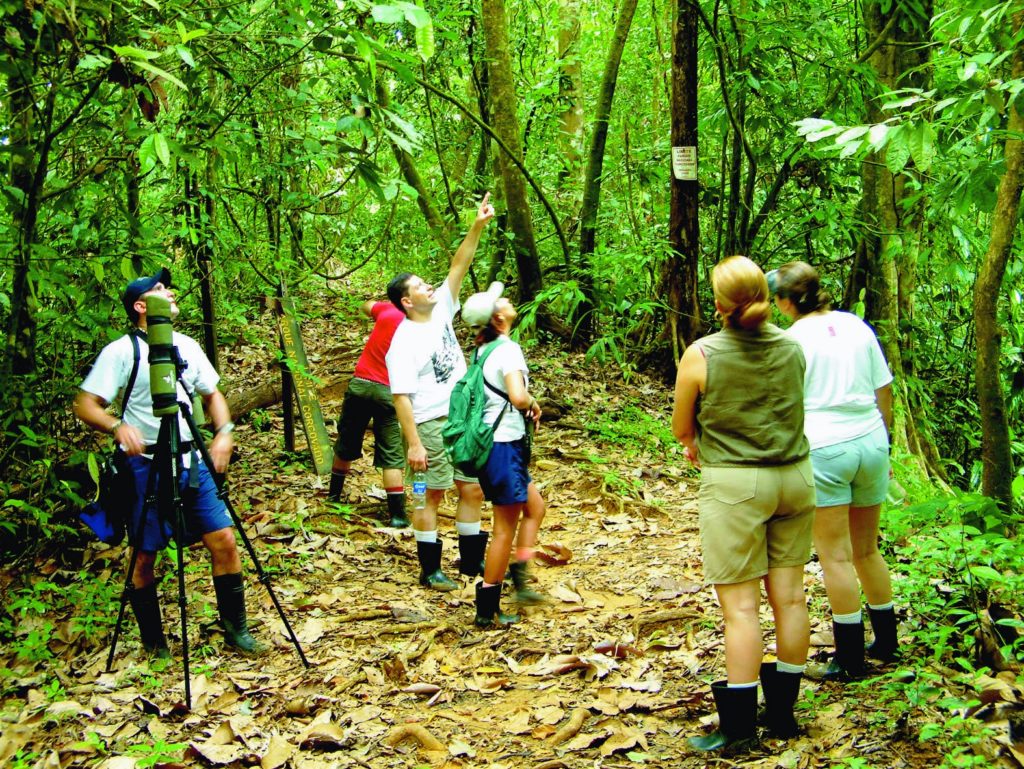Sustainable Travel Practices for Eco-Conscious Backpackers

Let’s be honest—backpacking is one of the most rewarding ways to see the world. But with overtourism, plastic pollution, and carbon footprints piling up, it’s time to rethink how we wander. Here’s the deal: sustainable travel isn’t about perfection. It’s about making better choices, one step at a time.
Pack Light, Pack Right
Ever noticed how a heavy backpack makes you slower? Well, the planet feels the same way. Lighter loads mean less fuel burned—whether you’re on a bus, train, or plane. Here’s how to pack smart:
- Multi-use items: A sarong becomes a towel, blanket, or even a bag. Magic.
- Reusables: Collapsible water bottle, bamboo cutlery, and a cloth shopping bag. Ditch single-use plastics for good.
- Biodegradable toiletries: Think shampoo bars, sunscreen that won’t kill coral reefs, and toothpaste tablets.
And hey—leave those “just in case” items at home. You know you won’t wear those fancy shoes.
Getting There (Without Wrecking the Planet)
Flights are the elephant in the room. If you must fly, opt for direct routes (takeoffs and landings guzzle fuel). Better yet? Trains, buses, or even biking for shorter distances. In Europe, night trains are making a comeback—sleep while you travel? Yes, please.
For ground transport:
- Public transport over taxis.
- Carpooling apps when buses aren’t an option.
- Your own two feet—surprisingly effective.
Carbon Offsets: Worth It?
They’re… complicated. Some projects actually help. Others? Greenwashing. If you offset, research programs like Gold Standard or Cool Earth. But remember: reducing emissions beats offsetting them.
Sleep Like a (Responsible) Nomad
Hostels are great, but not all are eco-friendly. Look for:
- Solar panels or rainwater harvesting systems.
- Locally sourced breakfasts (avocado toast with a side of guilt? No thanks).
- No single-use plastics in the common areas.
Or try workaway or WWOOFing—trade skills for accommodation. You’ll save money and connect deeper with communities.
Eat Local, Eat Seasonal
Street food isn’t just cheap—it’s often the greenest option. No imported ingredients, no fancy packaging. Seek out:
- Farmers’ markets (hello, zero-food-miles).
- Vegetarian or vegan spots (meat production is a climate killer).
- BYO containers for takeaway. In Southeast Asia, some vendors will even serve rice in banana leaves—zero waste goals.
The Water Dilemma
Bottled water is a backpacker’s curse. Invest in a SteriPen or Grayl Geopress filter. Sure, it’s an upfront cost, but you’ll avoid hundreds of plastic bottles. Win-win.
Leave No Trace (Seriously)
That pristine beach? It’s not your personal trash can. Follow these basics:
- Pack out everything, even biodegradable waste (apple cores take weeks to decompose).
- Use reef-safe sunscreen—chemicals like oxybenzone bleach coral.
- Stay on marked trails to avoid trampling fragile ecosystems.
And if you see litter? Pick it up. “Take only photos, leave only footprints” is more than a cliché.
Final Thought: Travel Like You Give a Damn
Sustainable travel isn’t a trend—it’s the only way forward. The world’s beauty is finite. Let’s keep it that way.

